Brave New World
Brave New World by Aldous Huxley was published in 1932 and is still considered one of the all-time greatest works of dystopian fiction ever written. The first edition was published by Chatto & Windus and is increasingly difficult to find in collectible condition.
Hardcover. First Edition, First Printing. Octavo, bound in original blue cloth with gilt lettering on the spine. London: Chatto & Windus, 1932. #10206.
Very good copy in dust jacket that has a thumb-sized chip at base of spine but otherwise jacket is bright and attractive.

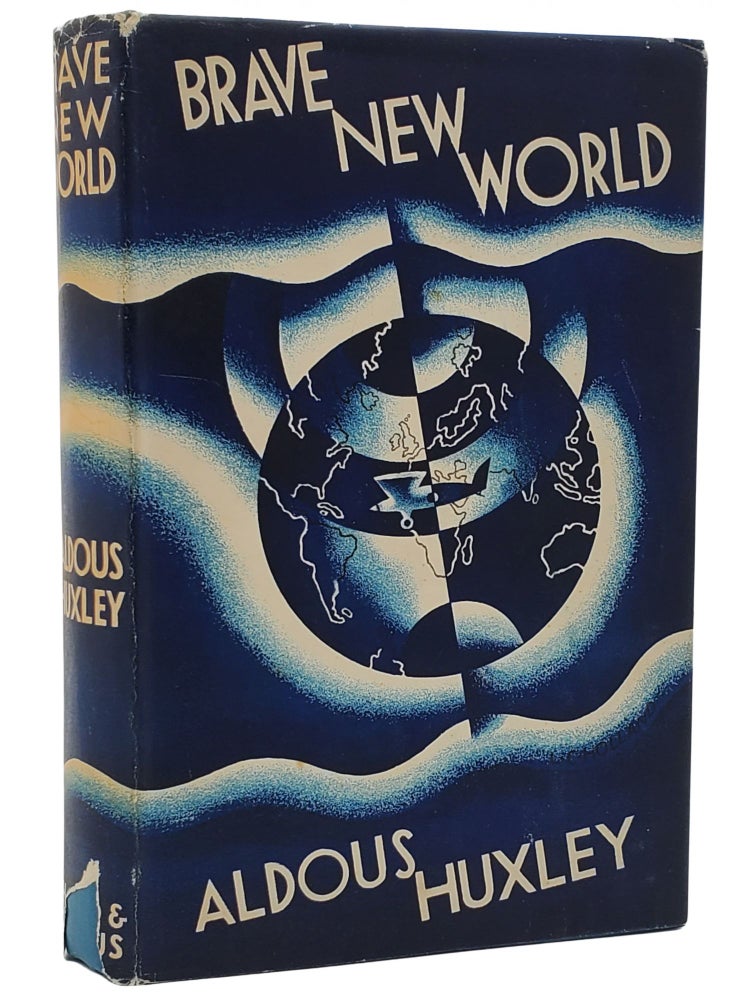
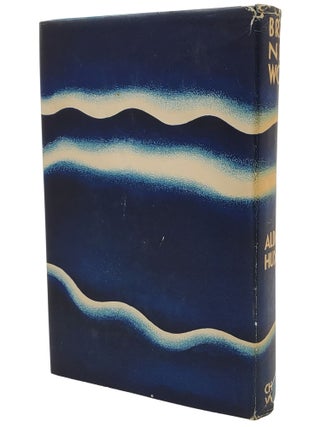
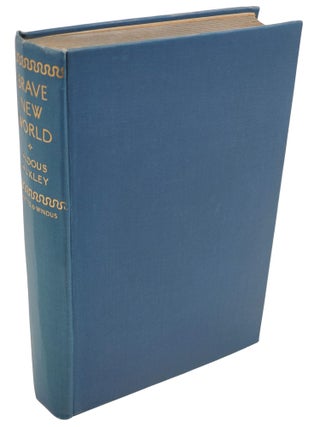
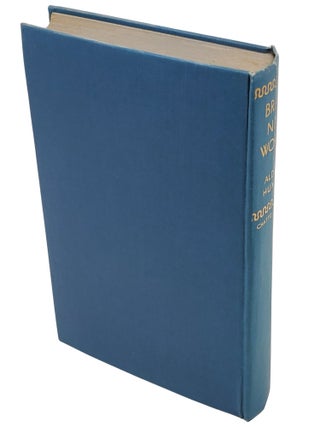
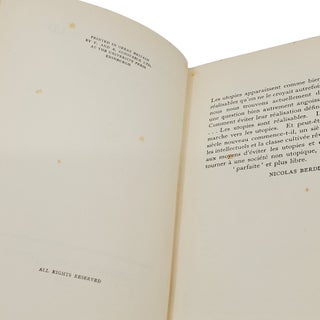
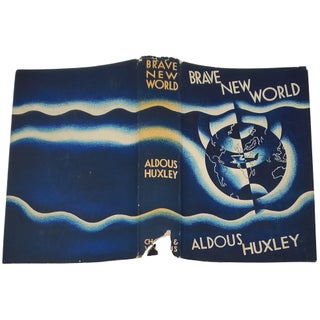
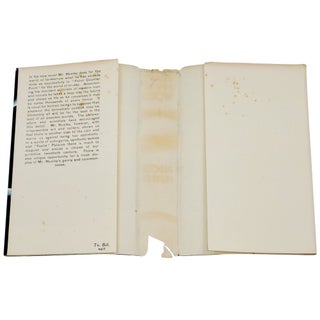
Brave New World, authored by Aldous Huxley and published in 1932, is a groundbreaking work of dystopian fiction that envisions a future society driven by technology, consumerism, and social engineering. Set in a world where scientific advancements have eliminated suffering and strife, the novel explores the cost of achieving stability and happiness through the suppression of individuality, emotion, and intellectual curiosity.
In the World State, citizens are genetically engineered and conditioned from birth to fit predetermined roles in society, ensuring harmony and minimizing conflict. Consumerism and instant gratification prevail, with the government employing advanced techniques to maintain social control. Personal relationships are casual, and art, religion, and true emotional connection are absent.
The narrative follows Bernard Marx, an "Alpha" who feels out of place due to his physical stature, and John "the Savage," born outside the World State and exposed to literature and culture from the past. As John navigates the unfamiliar world of the World State, readers witness the collision between his ideals and the reality of the society he encounters.
Brave New World delves into themes such as the limits of technology, the price of conformity, the struggle for individuality, and the consequences of a society fixated on pleasure and convenience. Huxley's exploration of a world stripped of its humanity prompts readers to reflect on the potential pitfalls of unchecked progress and the delicate balance between societal stability and personal freedom.
The novel's relevance endures as it offers a cautionary tale about the potential consequences of sacrificing human values for the sake of societal order. Brave New World stands as one of the most thought-provoking and influential works of dystopian literature ever.
Amazingly, the novel has never been adapted for the screen despite many directors including Ridley Scott expressing an interest. There have been two made-for-TV movies (1980 and 1998) and a television series in 2020, none of which came close to matching the novel.